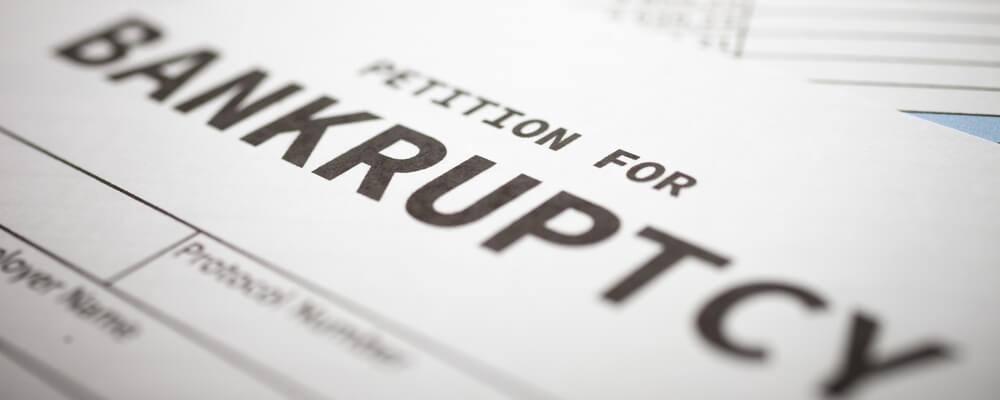Personal and Business Bankruptcy in the United States

Information About Debt Relief and Receiving Legal Help From a U.S. Bankruptcy Attorney
For people or companies who have significant debts, bankruptcy can provide an option for eliminating certain types of debts, consolidating debts into a manageable payment plan, or reorganizing a business's operations to ensure that it can meet its financial obligations. Those who are considering different forms of debt relief will want to work with a bankruptcy attorney to determine their options, but they can also learn more about the bankruptcy laws, the requirements for filing for bankruptcy, and the processes followed in these types of cases.
Understanding Bankruptcy in the United States
There are a wide variety of issues that businesses and consumers should be aware of when considering bankruptcy and debts:
- Types of Bankruptcy - Depending on a debtor's situation, they may pursue a liquidation bankruptcy or a reorganization bankruptcy. In a business bankruptcy, liquidation of assets will usually require closure of the business, so reorganization may be preferred. In a consumer bankruptcy, debtors may be able to discharge debts after liquidating non-exempt assets, or they may be able to consolidate certain types of debts into a repayment plan.
- Federal Laws - The U.S. Bankruptcy Code defines the bankruptcy process and the different types of bankruptcy available to businesses and consumers. Individuals and couples may pursue liquidation bankruptcy through Chapter 7 or debt consolidation through Chapter 13. Businesses may pursue reorganization through Chapter 11, and small businesses may qualify for Chapter 5 bankruptcy, which will allow for a faster and less expensive implementation of a reorganization or repayment plan.
- Should I File for Bankruptcy? - An attorney can help debtors understand the benefits and drawbacks of different forms of bankruptcy, as well as whether they can pursue alternatives to bankruptcy, such as loan modifications with creditors.
- How Much Does Bankruptcy Cost? - There are a variety of filing fees and administrative costs involved in the bankruptcy process, and by understanding these expenses, debtors can prepare for a bankruptcy filing as they take steps to achieve financial stability.
- The Bankruptcy Means Test - To qualify for Chapter 7 bankruptcy, a debtor must meet certain requirements. Their income and assets will be reviewed to determine whether they have enough disposable income to make ongoing payments. Those who do not pass the means test may need to pursue Chapter 13 bankruptcy or other options for debt relief.
- IRS Garnishment - If a person has tax debts, the IRS may garnish their wages to repay the amount owed. While tax debts cannot be discharged through bankruptcy, filing for bankruptcy will put a temporary stay on garnishments, allowing a debtor to determine the best ways to address these and other debts going forward.
- Creditor Harassment - When a person is unable to pay their debts, creditors may take a variety of actions to recover the amount owed, including making regular collection calls to a person, their family members, or their workplace, or initiating credit card lawsuits. Filing for bankruptcy will halt these collection actions and help a debtor determine their options for dealing with creditors.
- Foreclosures - If a person has past-due mortgage payments on their home, their lender may initiate foreclosure proceedings. A bankruptcy filing will create an automatic stay on a foreclosure, and depending on the type of bankruptcy a person pursues, they may be able to become current on their mortgage and keep their home while addressing other debts.
- Credit Counseling Requirements - In a personal bankruptcy, a debtor will be required to complete credit counseling that will help them understand how they can avoid debts in the future and maintain financial stability.
Contact a United States Bankruptcy Lawyer
Individuals and businesses have a variety of options for dealing with debt, and a bankruptcy attorney can provide the legal help and guidance they need. By working with a skilled lawyer, debtors can understand the steps they can take, and they can ensure that they meet all of the legal requirements throughout the bankruptcy process.











